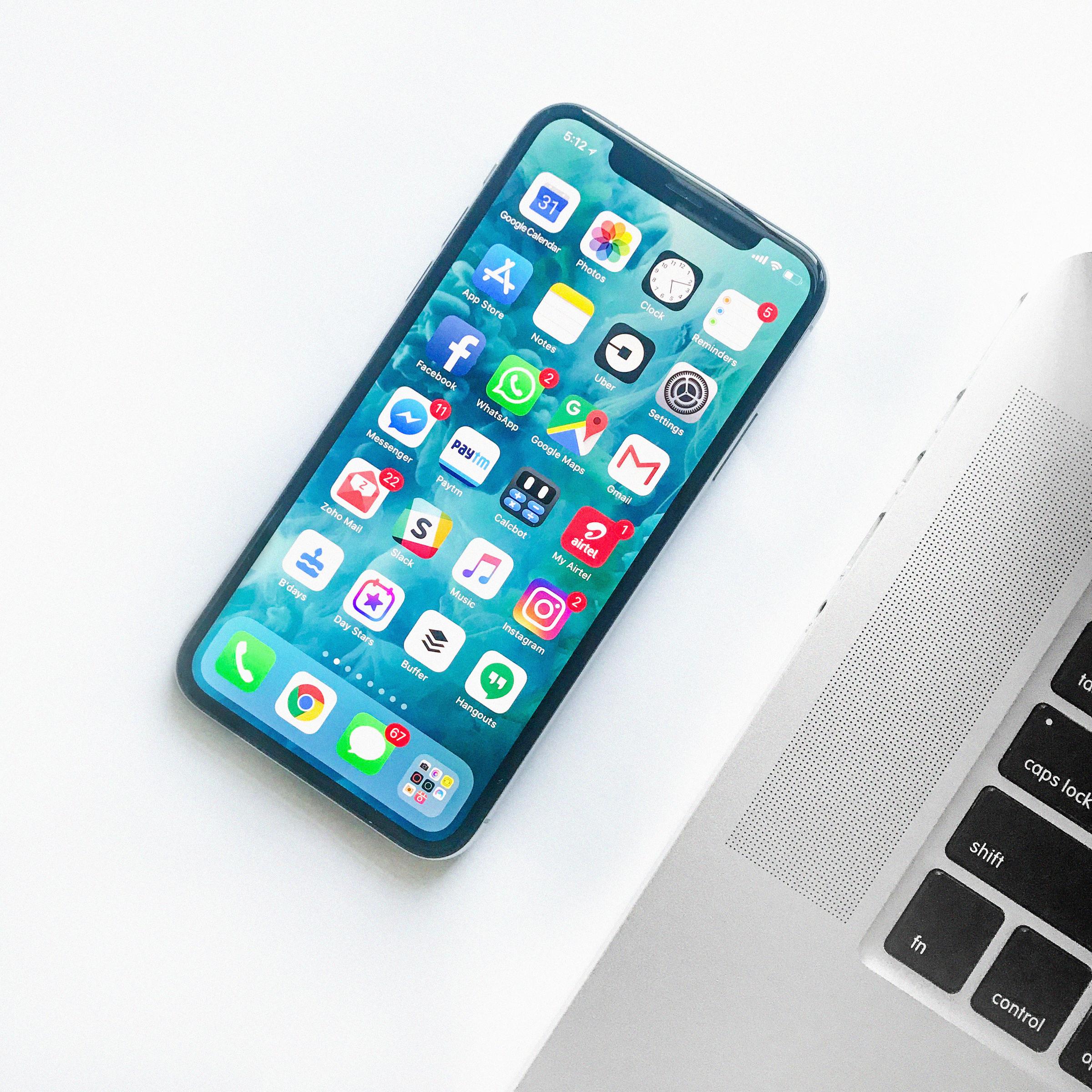From the Mobile Phone Policy Review Group

Sharing the Learning
Desktop research undertaken by the Mobile Phone Policy Review Group to support policy recommendations has unearthed some interesting research and articles. A small selection follows.
EXECUTIVE FUNCTION:
Executive function, including the ability to resist temptation and to ignore distraction (self-control, or self-regulation) is at the heart of many articles about Smartphones and young people.
The Center on the Developing Child, Harvard University, suggests that “many adolescents require help to be mindful of interruptions (particularly from electronic communication such as email and cell phones). Multitasking may feel good, but there is strong evidence that it saps attention and impedes performance.” Center on the Developing Child at Harvard University (2014). Enhancing and Practicing Executive Function Skills with Children from Infancy to Adolescence.
More reading on executive function can be found here:
- https://developingchild.harvard.edu/science/key-concepts/executive-function/
- https://46y5eh11fhgw3ve3ytpwxt9r-wpengine.netdna-ssl.com/wp-
DISTRACTION:
The Australian Psychological Society cites research done in the UK titled “Technology, Distraction and Student Performance”, which shows that mobile phones can have a negative impact on learning through distraction and that their removal from the classroom can yield an improvement in student performance, especially for the most vulnerable.
More on this can be found at:
ADDICTION:
MRI research based on addiction, especially for the brain of 11 years to 21 years, shows that the ‘braking’ system known as the Gaba system switches off as children enter puberty. The Gaba system is a general-purpose ‘braking’ system, and when it is switched off, it can no longer stop us becoming addicted to things that are merely rewarding.
An interesting interview with the author of “Teen Brain” (MacMillan) that talks further about the Gaba system, can be found here:
COGNITIVE CAPACITY:
Experiments from McCombs School of Business, University of Texas, published in The University of Chicago Press Journals April 2017, suggest that the mere presence of one’s smartphone may reduce available cognitive capacity and impair cognitive functioning. The study showed that when resisting the urge to check a Smartphone, we actually have reduced working memory capacity and fluid intelligence.
More reading is available here:
DIGITAL LITERACY:
Damian Maher, Senior Lecturer in Education, University of Technology Sydney, argues that Digital Literacy is a critical aspect of young people's schooling and that mobile phones can play a role in supporting such learning. He cites the following article:
TECH TIP FROM THE MOBILE PHONE POLICY REVIEW GROUP
From: “Scatterbrain - How the mind’s mistakes make humans creative, innovative and successful”, Henning Beck.
Q. Do you know when distraction has the most allure?
A. The first time.
So in terms of managing mobile phone notifications, the best thing to do is to avoid your first impulse.
When your phone buzzes, don’t pretend to ignore it, instead, choose to ignore it actively.
When it buzzes or vibrates, register the noise and consciously decide not to reach for it. Continue whatever you were doing for at least 15 minutes.
If you actively choose not to follow the incoming stream of messages, you are prioritising, and this practice of prioritisation is picked up on by the brain (thalamus), which over time, grows ever more resistant to distraction.
Questions or feedback for the Mobile Phone Review Group may be directed to:
mobilephones@girton.vic.edu.au
